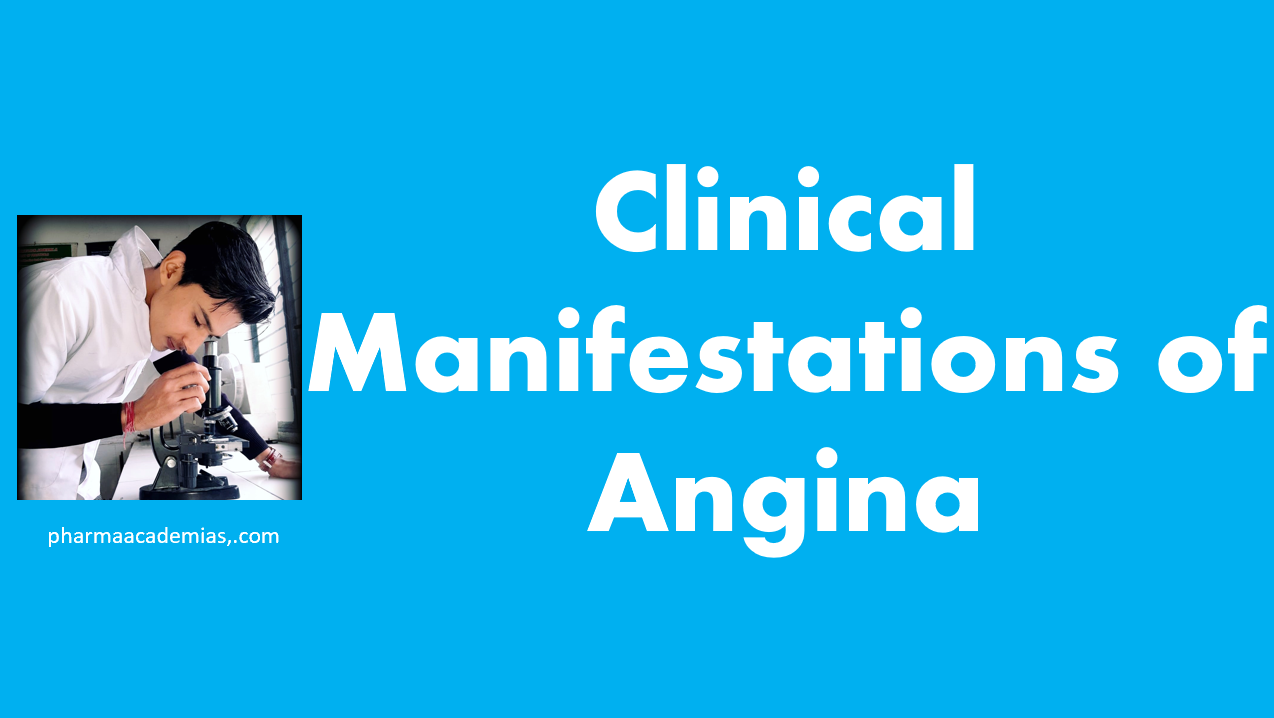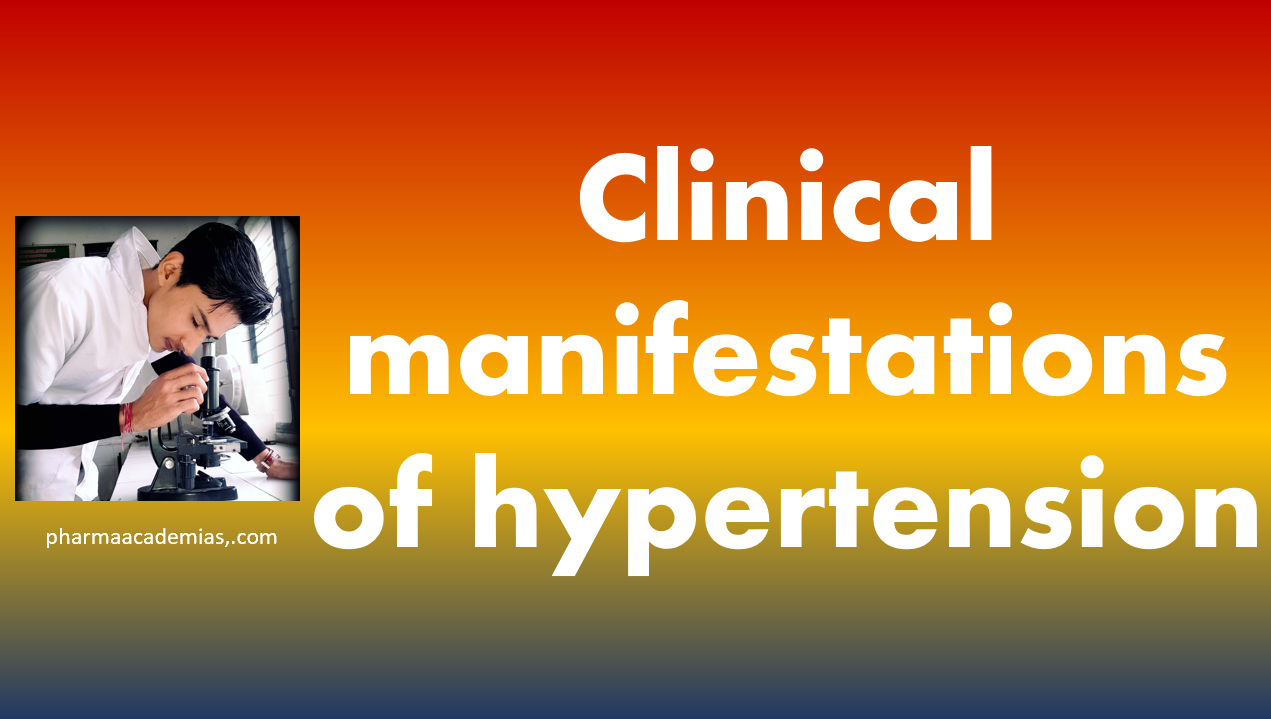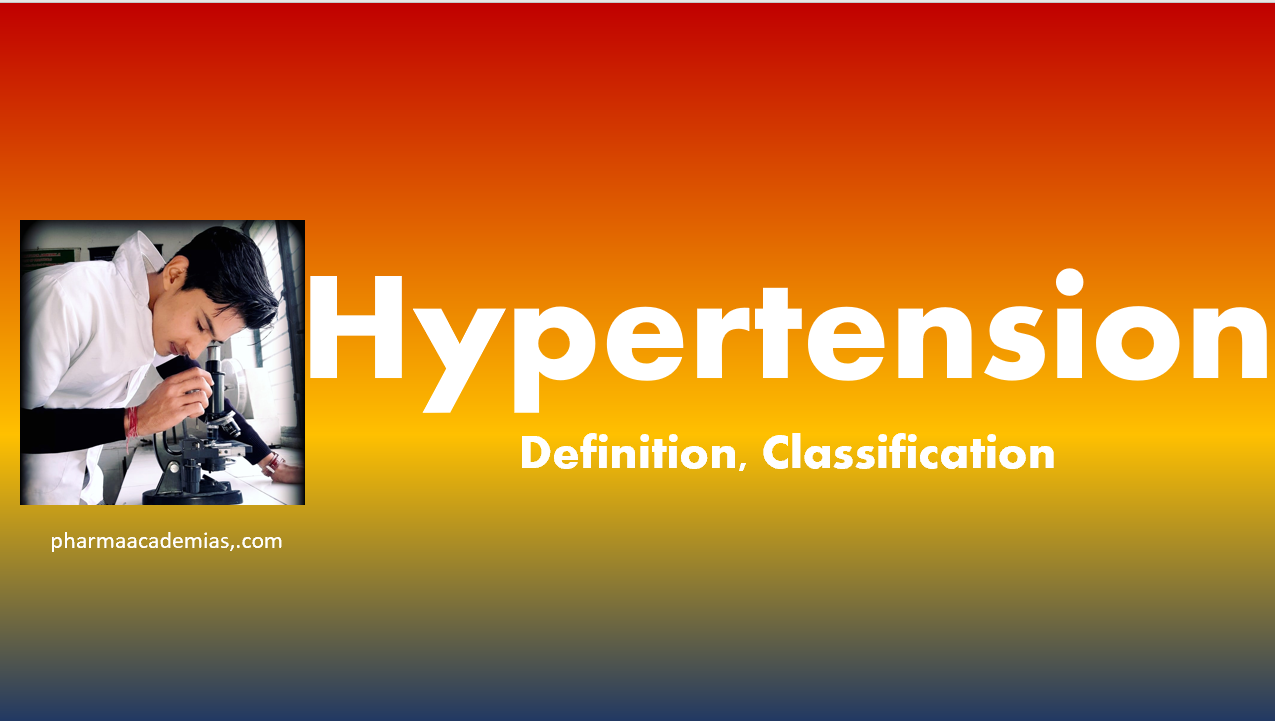Non-Pharmacological and Pharmacological Management of Myocardial Infarction (MI)
Non-Pharmacological Management 1. Lifestyle Modifications: Patients are advised to make lifestyle changes to reduce the risk of future cardiovascular events. This includes adopting a heart-healthy diet, exercising regularly, maintaining a healthy weight, and quitting smoking. 2. Cardiac Rehabilitation: Participation in cardiac rehabilitation programs is recommended. These programs involve supervised exercise, education on healthy living, and … Read more









